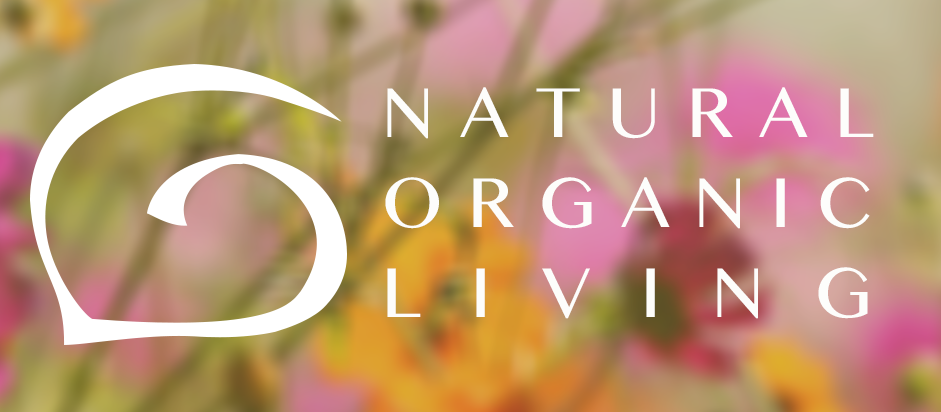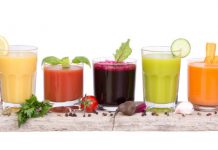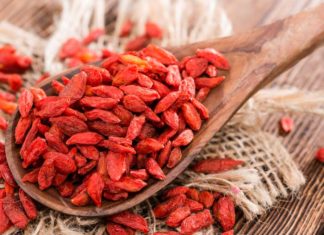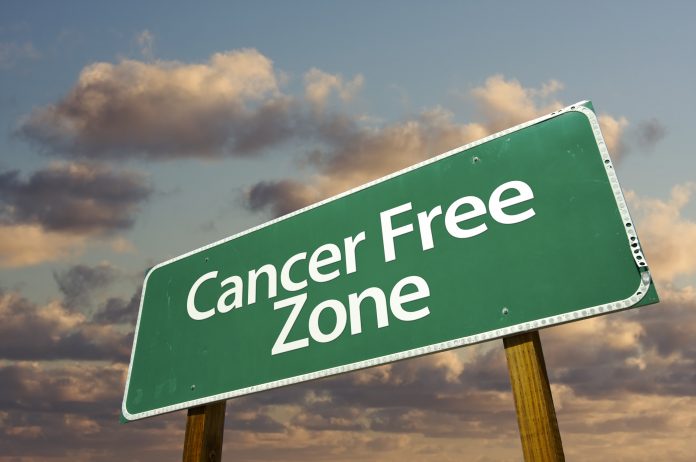
Lemon
Just one lemon delivers more than 100% of your daily vitamin C needs, boosting your HDL ‘good’ cholesterol and stronger bones.
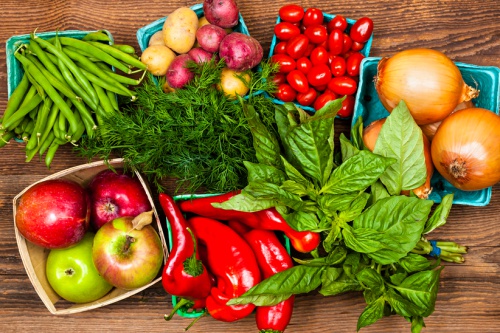
As you may know vitamin C, like vitamins A and E, is an antioxidant which helps protect your cells from free radicals. Free Radical damage the DNA in the cell which causes cancerous cells to develop. Therefore lemon is great in combating cancer.
Flavonoids contained in lemon help limit the growth of cancer cells and act as an anti-inflammatory.
Lemon also contains another substance called d-limonene that is known to cure breast cancer. A study from the University of Arizona Cancer has studied the effect of D-limonene on breast cancer. The results show that by using this substance cancer cell reduce by 22%. Lemons have the highest content of limonene is found in its peel and white spongy inner parts. An average-sized lemon has about 300 mg of d-limonene.
Put a slice of lemon in a cup of tea. One study found that lemon increases about 80% of the body’s ability to absorb antioxidants in tea.
Cauliflower / broccoli
Broccoli contains more than 100% of the vitamin K requirement and nearly 200% of your body’s daily vitamin C needs. These are the two nutrients required for bone growth.
Cauliflowers and broccoli also work to prevent many cancers. Antioxidant in vitamin C combated the free radical in your body. Also, contains high concentrations of carotenoids (found in the pigment of the plant also an antioxidants compound) and glucosinolates (Glucosinolates are sulphur-containing chemicals. These two compounds are responsible for the pungent aroma and bitter flavour of this vegetables.).
French research has reported that the compound PEITC (Phenethyl isothiocyanate) prevent and fight cancer cells. PEITC can be found in cauliflower
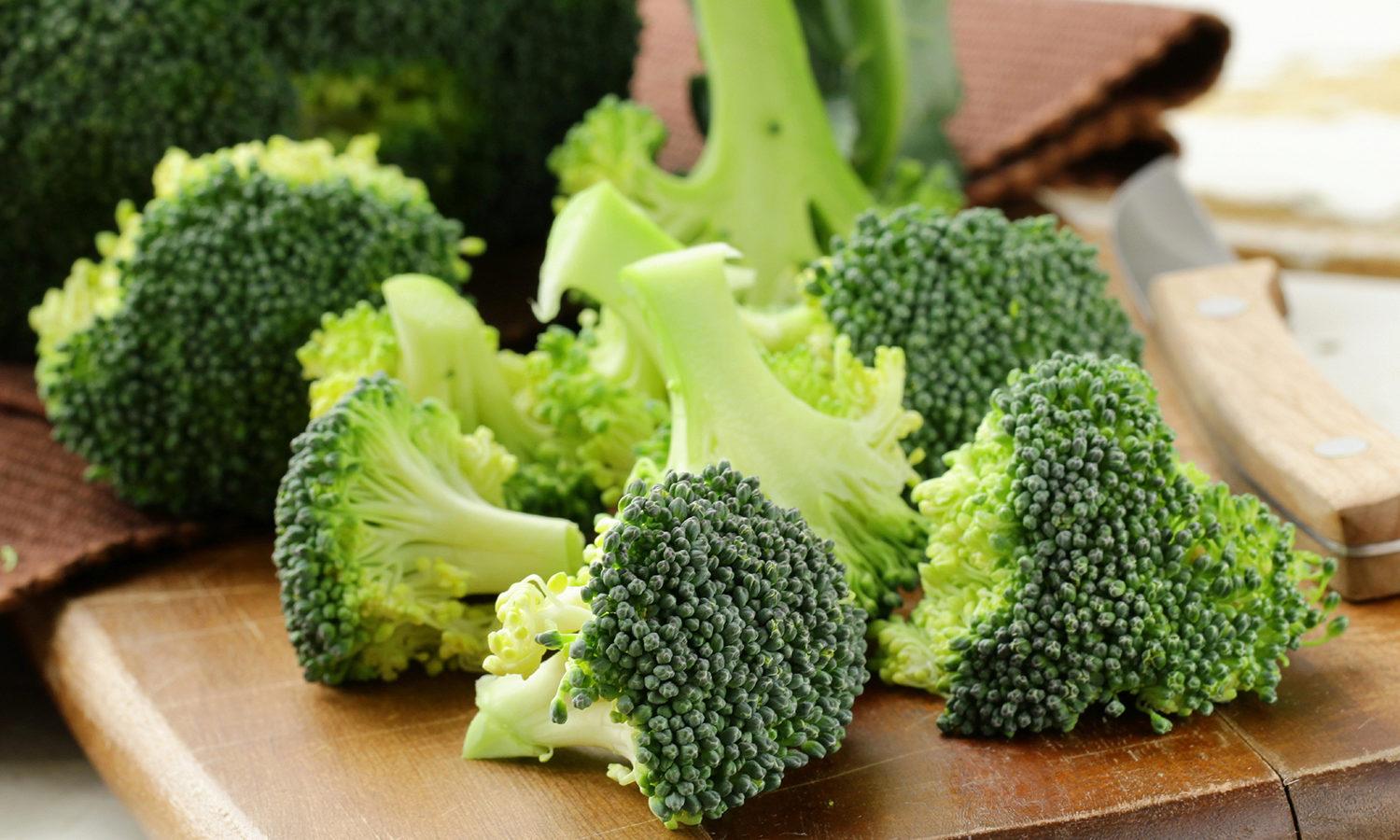
Studies found specifically that Indoles and isothiocyanates can stop the development of cancer. These substances preventing cell DNA damage which causes cancer, prevent tumour blood vessel formation and tumour cell migration.
Boiling or simmering cauliflower/broccoli retains 66% of nutrients; the microwave oven holds 90% of the vitamin C contained in the cauliflower and broccoli.
Dark chocolate
Only 7 grams of dark chocolate a day can lower blood pressure in healthy people. Also, cocoa powder is rich in flavonoids and antioxidants, which helps to reduce LDL cholesterol and increase HDL cholesterol.

Dark chocolate has antioxidant compounds known as flavonoids, which can be found in fruits and vegetables. The Linus Pauling Institute found that flavonoids fight free radicals in the bloodstream, and helps remove heavy metals, known as chelation. Linus Pauling Institute research on flavonoids discover that your body treats flavonoids like foreign compounds. Hence it tries to get rid of them. Hence it boosts its immune defence system to fight against cancer.
Hence have some dark chocolate to boost your immune system. One bar of dark chocolate contains about 53.5 mg flavonoid, 1 bar of milk chocolate contains <14mg flavonoid.
Potatoes/Sweet potatoes
A red potato contains 66 mcg of folate, the equivalent of a bowl of spinach or cauliflower.

1 Sweet potato contains about eight times the daily requirement for vitamin A, which helps prevent cancer and boost the immune system. Sweet potato high content of carotenoids make it a particularly powerful phytochemical with antioxidant properties. This powerful antioxidant helps to protect against DNA damage in the cells. This DNA damages could lead to cancer.
Allowed potatoes to cool before eating. Research shows that doing this helps you burn more than 25% of your fat after a meal and the nutrient value is better to obtain
Salmon
Salmon is rich in omega-3 fatty acids, which reduces the risk of depression, heart disease, and cancer.
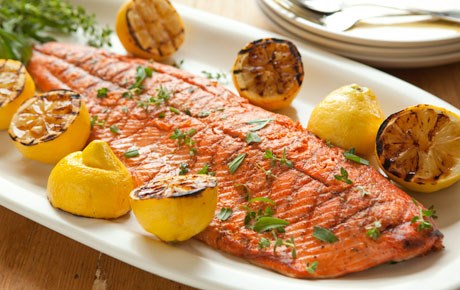
Salmon contains the marine fatty acids docosahexaenoic acid (DHA) and eicosapentaenoic acid (EPA) similar to other fatty fish. These marine fatty acids have been proven to combat the production of cancer specifically reduce bone metastasis, as well as breast cancer cells. Also, Omega 3 and omega 6 supplement intake has reduced a mammary tumour and their development.
An 85g salmon diet contains nearly 50% of your daily niacin needs, which can protect against Alzheimer’s and dementia.
Note: Salmon trout contains 16 times more polychlorinated biphenyl (PCB) toxins than wild salmon.
Nuts
Nuts contain the most omega-3 fatty acids in fruits, helping to lower cholesterol. Omega-3 helps improve mood, protect against cancer and protect the body from the effects of sun damage.

Harvard Nurse’s Study shows that those in the adolescence who eat nuts have a better chance to fight off breast cancer later in their life. Further research shows that those eating more peanut butter, nuts, beans, lentils, soybeans, or corn were found to have a fraction of the risk for fibrocystic breast disease (Number 1 risk of cancer especially those with family history).
The British Journal of cancer report that, two handfuls of nuts a week can prevent pancreatic cancer.
Walnuts and pecans nuts contain the most antioxidants out of all nuts (25 walnuts equal to 8gram of vitamin c which is about 100 orange.)
Avocados
A study has shown that avocado has healthy fat, reducing the amount of cholesterol by 22 per cent. An avocado contains more than 50% of the body’s daily fibre requirement and 40% of its daily folate needs, which can reduce the risk of heart disease. It is known to be a large berry due to the antioxidant it processed.

Avocados contain a high amount of carotenoids and also help the body absorb carotenoids due to its rich fat content. In which carotenoids help protect the body from cancerous cells especially breast cancer. Journal of Nutrition reports that eating monounsaturated fat-rich and carotenoid in avocados may enhance the bioavailability of these nutrients. All you need is two ounces or 56.7gram with your salad to maximise the carotenoid absorption.
Avocado has the richest sources of vitamin E succinate. Researchers have shown that vitamin E succinate can turn off many signals in the cancer cells to stop it from replicating or reproducing. Vitamin E succinate is known to reduce the risk of prostate and breast cancer.
Garlic
Garlic is one of the top 10 health foodstuffs. It helps inhibit the growth of bacteria, including E. coli.
The allicin compound in garlic acts as an effective anti-inflammatory, reducing cholesterol and lowering cholesterol and blood pressure.

The strong odour that garlic has is called Allicin. This particular substance is incredibly rich and powerful. This Allicin is release through chopping or crushing.
Studies show increased intake of garlic can reduced risk cancers, including stomach, colon, oesophagus, pancreas and breast. The allicin substance in garlic combat the production of free radical, it also stimulates the weaken enzymes activity and neutralises carcinogens. In the fight against abnormal cell or cancer cell, garlic boost apoptosis. Many cancer cell defence system does not contain apoptosis. By stimulating apoptosis, this substance kills the unnecessary cell or/and cancerous cell. Allicin can help DNA repair in which cancerous cell DNA is abnormal.
Note: Eating fresh crushed garlic is best because it frees up most of the allicin. Do not cook garlic; Garlic exposed to high temperature for more than 10 minutes will lose vital nutrients.
Spinach
Spinach contains a high degree of lutein and zeaxanthin; this substance gives the vegetables its colour (carotenoid). This two substance give our eye protection from the sun and work to prevent macular degeneration and cataracts, which are the leading diseases that cause blindness. Furthermore it known to reverse existing damages.

Research has shown that the spinach pigmentation element, carotenoid, as well as neoxanthin also reduce or destroy prostate cancer cell, hence prevent and fight prostate cancer.
Spinach contains high amounts of antioxidants and other compounds that may suppress the growth of human cancer cells. Recent studied from Japanese scientist has discovered that some of the nutrient – glyconutrients from spinach prevent the destruction of DNA, cancer cell growth and even tumour growth ( a study showed 56% improvement).
Another study from the Harvard Medical School shows that spinach combated ovarian cancer (showing 40% improvement).
Studies have shown that among the anti-cancer fruits and vegetables, spinach is one of the most effective plants.
Try mixing a bowl of spinach, one bowl of carrot mashed, one banana, 1 cup of apple juice and a little rock, you will have a tasty and nutritious drink.
Beans
Eating a portion of legumes (beans, peas, lentils, etc.) four times a week can reduce your risk of heart disease and your risk of breast cancer by 22%. One study showed that black beans contained 40 per cent more antioxidants than white beans.

According to the American Journal of Clinical Nutrition pinto bean contained antioxidants called polyphenols, which can prevent cancer. Pinto bean also contains kaempferol, a flavonoid known for reducing inflammation. These antioxidant slow the growth of tumours as well as increasing health cells survival rate.
Studies have shown that intake of kaempferol product will reduce cancer development. The element of anti-inflammatory and antimicrobial properties of pinto bean makes an excellent treatment for preventing and treating, some diseases, even cancer. The American Academy of Pediatrics reports that premenopausal women who have a high-level intake of dietary fibre like beans through their adulthood have lover risks of cancer. The high fibre diet is crucial in the prevention of cancer.
Cancer is a serious illness. If we can prevent and cure it naturally why not give it a try.
